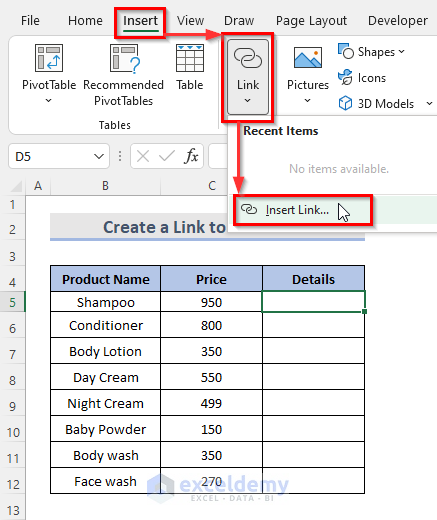5 Tips to Start Job Despite Unfinished Paperwork

Starting a new job is often filled with excitement, anticipation, and sometimes a bit of bureaucratic tangle due to pending paperwork. It's not uncommon for employees to find themselves in situations where they want or need to begin work before all the necessary documents are fully processed. Here, we offer practical tips to navigate this issue gracefully and efficiently, ensuring your start at a new job is as smooth as possible.
1. Communicate Openly with Your Employer

Effective communication is the cornerstone of any successful relationship, and the one you have with your new employer is no exception. When facing delays due to unfinished paperwork:
- Inform Your Employer Early: As soon as you know there's going to be a delay, inform HR or your immediate supervisor. Transparency allows for better planning on both ends.
- Seek Clarity: Understand what documentation is missing and how urgent it is. This can help prioritize your actions.
- Set Expectations: Clarify if starting work before all paperwork is complete is a viable option, and under what conditions.
💡 Note: While it's beneficial to keep the lines of communication open, always keep conversations professional, and avoid overly personal details.
2. Begin with Orientation and Training

Even if you can't start your actual job role immediately, most companies can provide an initial orientation or training period:
- Remote Options: Online orientations or training sessions can be conducted while paperwork is being processed.
- Informal Learning: Utilize this time to familiarize yourself with company culture, processes, and meet colleagues.
- Social Integration: Engage with your team to feel part of the organization from day one.
📌 Note: Keep track of any sessions you attend for your personal records, as you might need this information later.
3. Work on What You Can

There might be tasks or projects that don't require complete paperwork clearance:
- Shadowing: Spend time shadowing other team members to gain a better understanding of your future role.
- Light Duties: Ask for light administrative tasks or projects that are pending approval.
- Self-Paced Learning: Take advantage of any company-provided resources like e-learning modules or software tutorials.
| Tasks You Can Engage In | Example |
|---|---|
| Shadowing | Observing marketing team meetings and brainstorming sessions |
| Light Duties | Organizing digital files, preparing presentations |
| Self-Paced Learning | Completing software tutorials, reviewing company policies |

4. Track Your Progress

Keep meticulous records of your activities and the steps you're taking to address the paperwork delays:
- Task Lists: Use tools like Trello, Asana, or a simple spreadsheet to track daily tasks.
- Documentation: Keep copies or notes of every interaction related to your paperwork.
- Follow Up: Regularly check the status of your paperwork, and follow up with appropriate departments.
📝 Note: Organized documentation can be extremely helpful if there are any future disputes or questions about when you started or what tasks you performed.
5. Be Flexible and Positive

Adaptability is crucial when starting any job, especially under unique circumstances:
- Embrace Change: Be ready to adjust your approach as needed.
- Maintain Positivity: A positive attitude can ease the process for you and your team, creating a better work environment.
- Build Relationships: Use this time to network and build rapport with colleagues, which will serve you well in the long run.
💪 Note: Being flexible and positive doesn't mean sacrificing your professionalism. Keep your boundaries and communicate your needs clearly.
Ultimately, embarking on a new job when there are unfinished documents can feel daunting, but with the right approach, you can turn this situation into an opportunity. By communicating effectively, making use of the time you have, and maintaining a proactive and positive attitude, you can ensure a successful start to your new role. This period of waiting can be a time to familiarize yourself with your new environment, build connections, and lay the foundation for a strong future in the company.
What if my employer insists I can’t start until all paperwork is complete?

+
In this case, respectfully acknowledge their policy but inquire about what you can do in the interim. You might suggest attending orientation or networking with future colleagues.
Can I ask for a temporary role or contract to bridge the gap?

+
Yes, proposing a temporary role or contract work can be a strategic move. This allows you to contribute to the company and gain experience while your paperwork is processed.
What if the paperwork delay affects my onboarding training?

+
If you’ve started on time, focus on non-job-specific training like company culture and team-building. Also, use this time to prepare by learning relevant industry knowledge or software tools.
How can I ensure my new employer sees my commitment?

+
Show enthusiasm, communicate regularly about the paperwork progress, and be proactive in finding ways to contribute. Your proactive attitude and adaptability will showcase your commitment.
Should I be worried about the legal implications of starting work without complete paperwork?

+
Legalities can be complex; however, most employers have procedures in place. It’s wise to clarify your work status with HR or legal teams to ensure compliance with all necessary regulations.



